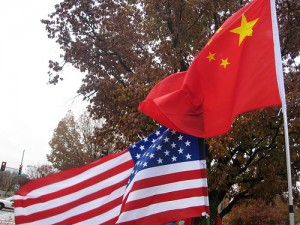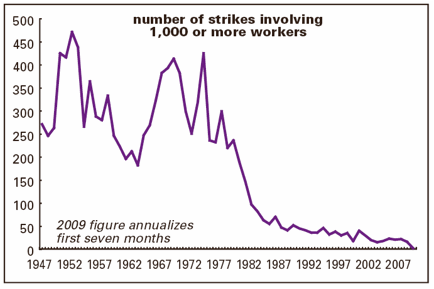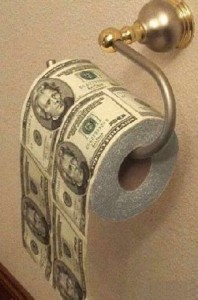 Meritocracy is the simple argument that the best person for the job should do it and that our system tends to put the best person for a job in the position.
Meritocracy is the simple argument that the best person for the job should do it and that our system tends to put the best person for a job in the position.
Some jobs are more important than others, and should be paid more as a result, both to get the best person to do it, and because the best person will contribute more.
The problem with these arguments is simple: It ain’t so.
The best paid people in our economy, generally speaking, are those in the financial industry: bankers, shadow bankers, brokers and so on.
They caused a world economic crisis with their venal and idiotic behaviour in the 2000s. They currently can’t find enough good things to do with all the money they control, so interest rates are moving negative.
They are manifestly incompetent at their jobs–if the job is to do anything but enrich themselves. They cannot be the best people for the job, because they would all be out of the job if governments hadn’t bailed them out, and indeed most of them would probably be in jail if the law had been enforced.
They are paid better than those who managed the financial industry in the 40s, 50s, and 60s, who manifestly created a better economy, including higher growth rates.
Paying them more, then, has been correlated with them doing a worse job at everything except making themselves richer, and they only even managed that by corrupting the government to bail them out of their mistakes, and with endless government support, with Greenspan, Bernanke, Yellen, and so on endlessly doing whatever was necessary to keep financial markets growing in size. (The Greenspan Put.)
Studies, meanwhile, have found that the higher a CEO’s pay, the worse their company performs.
It seems that perhaps the best paid people in the world aren’t the most meritorious, except by the rules of jungle. If one wants to argue that you “eat what you kill” as Wall Street does, then all merit constitutes is the ability get a lot of money.
Merit = money is the actually state of meritocracy in the world today. Oh, there are exceptions, you can say “surgeons” or something, but they aren’t the best paid people in the world, are they?
Meanwhile, as I like to point out, if the janitor doesn’t show up, people get really, really upset, while if the CEO takes a week off most people won’t notice or care.
Seems people really, really don’t like cleaning toilets, but doing so is really, really important, and we don’t pay, errr, shit for doing it.
But, you cry, “Ian, any idiot can clean a toilet.”
Well, I’m not so sure about that, but what is true is that most janitors are competent at their jobs and most banking executives are good only at making themselves rich. They are net drain on society, massively, while janitors provide real value and are able to do their jobs.
Teachers, nurses, garbage men, civil engineers, construction workers, etc, etc., all do things that matter. When they don’t do them or do them badly, we’re fucked.
Bankers do something that matters, too. The problem is that we clearly pick completely incompetent or corrupt bozos to do the job, who then pretend they are the best of the best, destroy the economy and the environment, and reward themselves with money that would make 19th century robber barons blush.
Meritocracy is a wonderful idea. We all want the best person for each job to be doing the job, or at least, someone who is competent at the job doing the job.
But that’s not what we have. What we have is a Kakistocracy: A society run by the worst, most corrupt people. Bush, Obama, and Trump weren’t the best at running society, they were just the people best at getting into office. The people running Wall Street aren’t the best at allocating money for social benefit, or even for creating the largest actual economy, they’re just the people who fought their way to top and then appropriated the largest share of money for themselves while shattering the world economy.
They are the best only at seizing positions of power, which give them access to money. That is all.
If meritocracy is just, “The more money you have, the more you deserve to have more money,” which it is at the moment, it’s nothing worth having.
The results of the work I do, like this article, are free, but food isn’t, so if you value my work, please DONATE or SUBSCRIBE.




 Alright, so Germany has now introduced a zero interest bond. That means, given inflation, people will get back less effective money than they started with.
Alright, so Germany has now introduced a zero interest bond. That means, given inflation, people will get back less effective money than they started with.